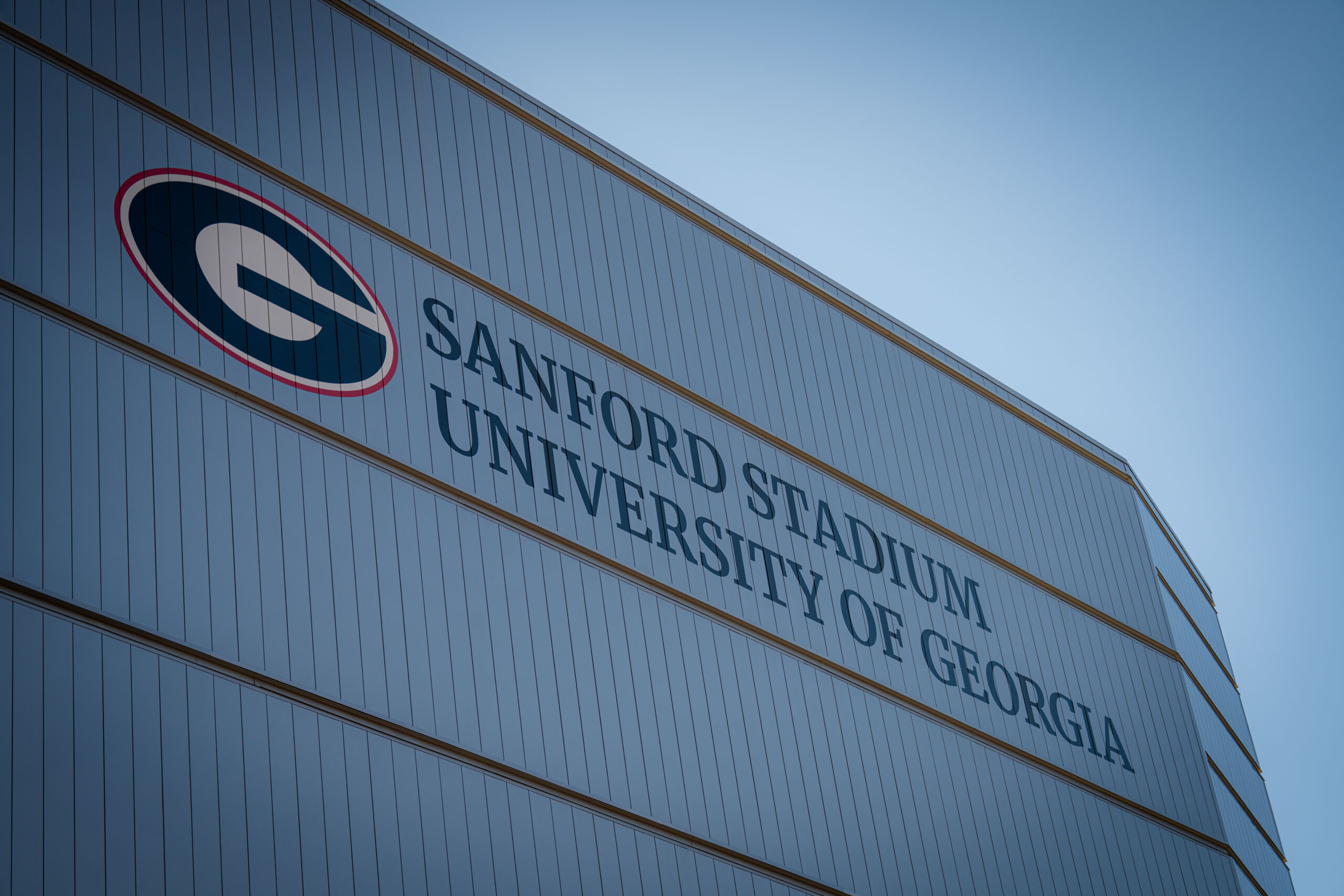Atlanta History Center Hosts Pearl Harbor Survivors’ Stories

Courtesy of the Atlanta History Center
On Dec. 7, 1941, nearly 2500 Americans lost their lives in the span of two hours when Japanese planes attacked United States warships at Pearl Harbor in Hawaii. The attack is known as one of the deadliest ever to occur on United States soil, and was a direct cause of the U.S. entering World War II.
In time for the 75th anniversary of the attack on Pearl Harbor, the Atlanta History Center has collected interviews from several people, including Georgians, who witnessed events surrounding the attack firsthand, through the Center’s Veterans History Project.
“Pearl Harbor was a defining moment for that generation,” said Sue VerHoef, Atlanta History Center director of Oral History and Geneaology. “Life was never the same after Pearl Harbor.”
William H. Brotherton told his story of serving on a ship during the Pearl Harbor attack, and how one of his fellow servicemen shot down two planes as the assault began.
“All of a sudden, we had to digest the fact that we were under attack right here in Pearl Harbor, and we thought, ‘My God, how bad can it get?’,” Brotherton said. “So here we are, a non-combat ship, and we’re firing – shooting down planes.”
Jacqueline Thiesen Kennedy was a student in Washington D.C. when she heard news about the attack.
“We saw a bonfire, and we all commented, ‘I wonder why the Japanese are burning leaves – it was December,” she said. “But they were really burning the documents, we found out later.”
VerHoef said that once news of the Pearl Harbor attack spread, people all over the country moved to enlist to help out the war effort.
“It’s just what you did,” VerHoef said. In fact, some who applied to join the United States Military were turned away because of personal circumstances such as the industry they worked with.
The attack was a surprise to the country, and it changed the course of America’s history. Over the following years, Americans experienced the effects of the internment of Japanese-Americans, the Holocaust and the dropping on the first atomic bombs on the Japanese cities of Hiroshima and Nagasaki.
The Veterans History Project has produced more than 600 oral histories of American veterans and civilians who experienced wartime events, in the hopes that future generations can benefit from these firsthand accounts, according to the project website.
Many of the interviews, made in partnership with the United States Library of Congress since 1999, are preserved at the Kenan Research center and are publicly available online.
9(MDAxODM0MDY4MDEyMTY4NDA3MzI3YjkzMw004))








